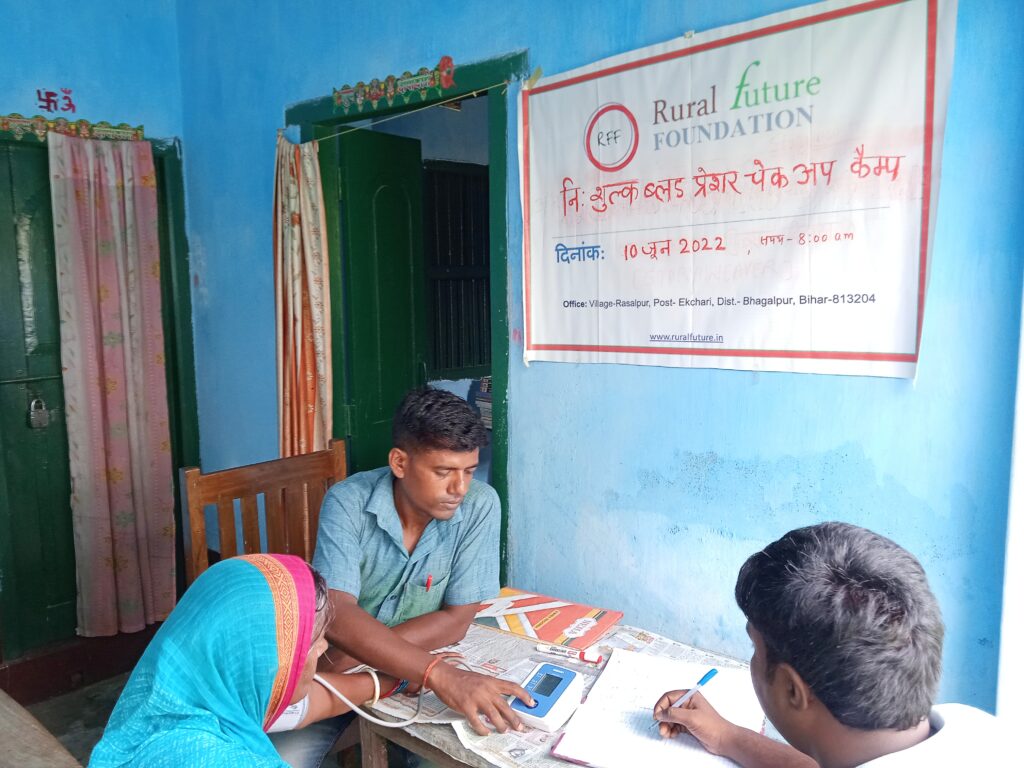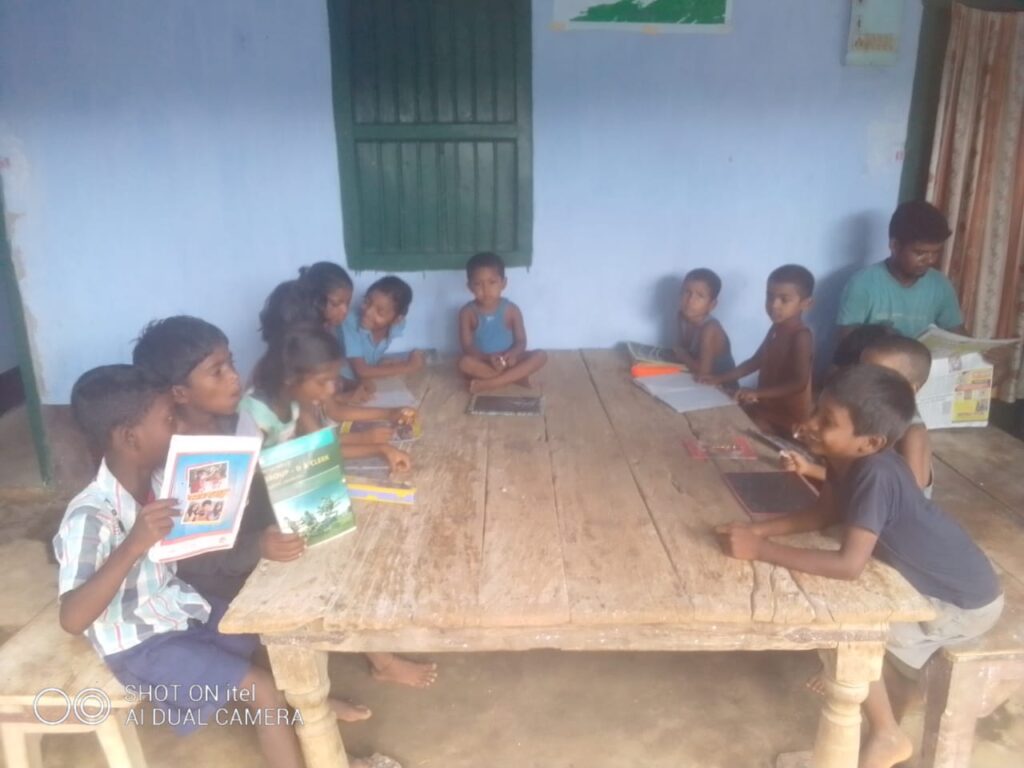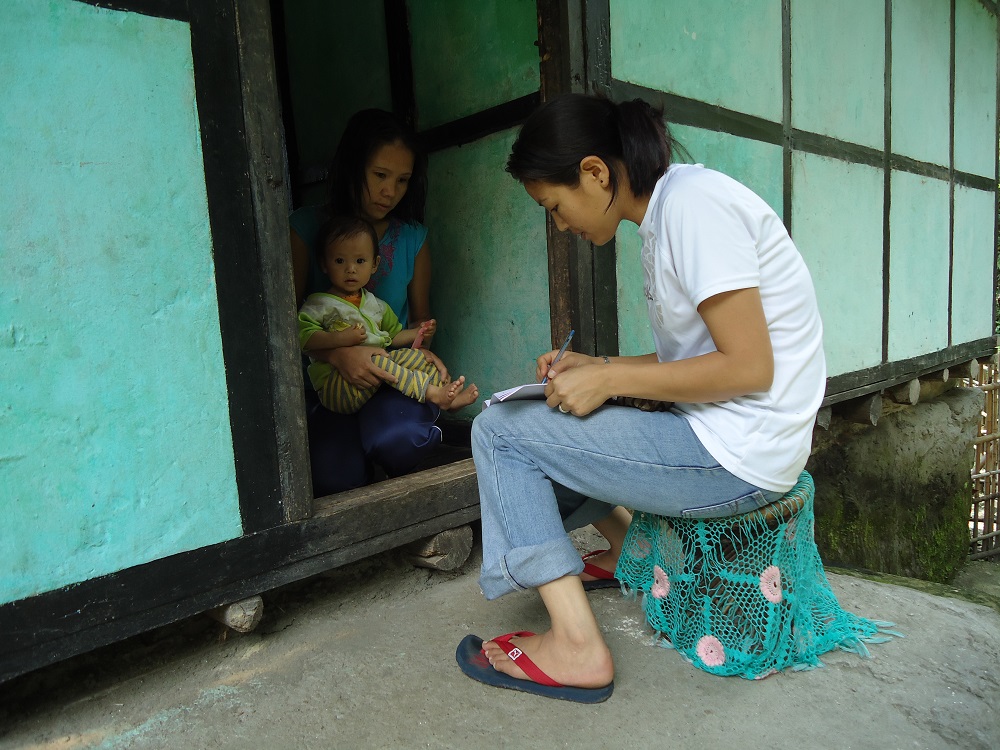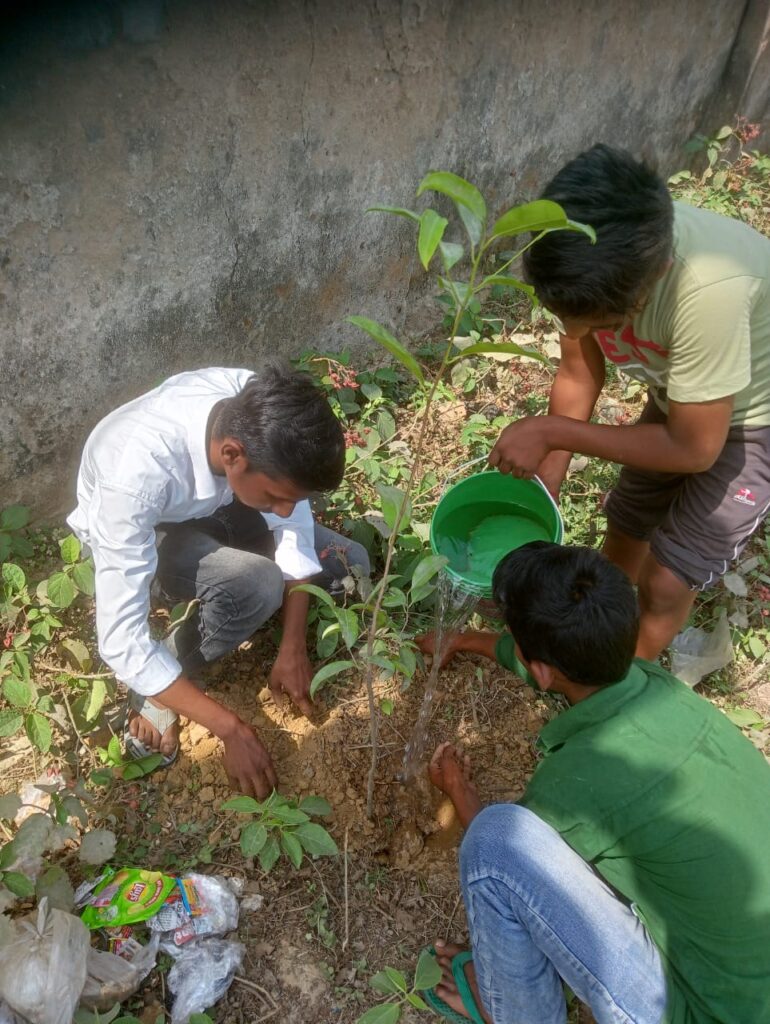
Health
India is facing an epidemiological transition with both non-communicable and communicable diseases as the leading causes of death. Development wouldn’t be possible without a healthy society
Seventy percent of India lives in the villages (700 million people) and the importance of educating and delivery of healthcare to this large base of India in its resource-poor settings becomes an urgent and viable issue.
Our Approach To The Solution:
· To improve general awareness about non-communicable diseases, communicable disease and mental health, its risk
factors
· To promote preventative care, patient education,
healthy lifestyles are lacking.
· To conduct screening for the early detection of
diabetes, hypertension, cardiovascular disease risk.
Education
Technical Skills will be central to development and a powerful instrument to reduce poverty and inequality. Providing access to technical education, particularly for people from underprivileged backgrounds will be key for good governance and economic development.
Our Approach To The Solution:
• To provide employment and entrepreneurship-linked skills training for school dropouts and women
• To provide technical skills to school/undergraduate students
• Digital literacy for elders and uneducated to introducing in the online world
• Setup village library to promote reading habits


Economic Development
Agriculture provides low-income livelihood to 50% of the population in our country. Agriculture and its associate work can be central to building an economical sustainable society.With more than half the country’s populations’ direct dependence on this sector, we believe that there is a need to bring prototype shift towards agriculture and its numerous tangible and intangible benefits.
Our Approach To The Solution:
• Capacity Building of farmers with modern agriculture practices / organic farming techniques with integrated natural resource management
• Formation of Gram Development Groups to promote self-employment through handicraft and food products.
• Capacity Building of members of Gram Development Group to manufacture and publicize the goods.
Rural Research
India is facing big problem of data especially from rural, semi
urban area and small town in terms of availability, authenticity and quality.Data from the underserved area is a massive opportunity, both in terms of affecting lives, efficient policymaking and a future opportunity.
We believe that data should be tracked, updated and measured
continuously. Real data can maximizes the impact of initiatives through using participatory research and impact assessment as practical tools informing action, outcomes and learning.
Our Approach To The Solution:
• Implement baseline surveys, household surveys,needs assessment, mid-term monitoring and impact evaluation studies to measure outcome.
• Develop, design and pilot questionnaires; operationalize data collection, cleaning & high quality analysis from the grassroots level to ensure the relevance and reliability of the conclusions.


Environment
Environmental protection has become more important than ever before as every living life on this planet depends on nature for sustenance. We are exhausting natural resources faster than nature can replenish them.
The most difficult challenges that we are facing is deforestation, pollution, and climate change. Deteriorating environmental conditions have resulted in many other problems such as scarcity of resources, health, poor sanitation and hygiene, as well as calamities such as floods and droughts. We humans are causing excessive damage to the environment, many of which are irreversible.
We will develop a lush-green and bio-diverse sustainable rural India with the objective of, “planting trees in the villages” and in this process bringing economic sustainability to poor rural communities by creating livelihood opportunities.
